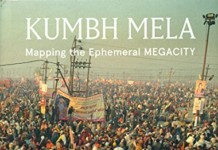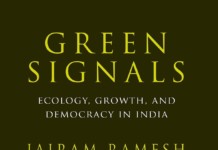International Journal of Advanced Engineering, Management and Science (IJAEMS), Vol 2 (6):662-670p.
Uncertainty in emissions from brick manufacturing is a major concern and more primary monitoring based datasets are required. This study presents latest emission factors for continuous fixed chimney bull trench brick kilns (FCBTK), which is the main technology used for brick production in India. Stack monitoring of kilns in a typical brick manufacturing cluster in India is carried out to monitor emissions of pollutants like PM, SO2 and CO. Average concentrations of PM, SO2 and CO in the stacks are measured to be 172±76, 114±47 and 484±198 mg/Nm3, respectively. Monitored stack concentrations are used to compute emission factors based on brick production and fuel consumption activities in the cluster.
The computed emission factors across different kilns ranged between 0.81-1.18, 0.57-0.71 and 2.07-2.80g/kg of fi red bricks for PM, SO2 and CO, respectively. Corresponding emission factors per unit of coal used in brick kilns are found to be in the range of 13-29, 9-15, 40-56 g /kg for PM, SO2 and CO, respectively. The differences in emission factors are mainly due to variations in the quality of coal used by different kilns. Good correlations were observed
between changing calorific values, ash and sulphur content of coal and emissions monitored in the kilns. These new factors can be used for improvement in emission inventories and thereafter modelling results for the region.









